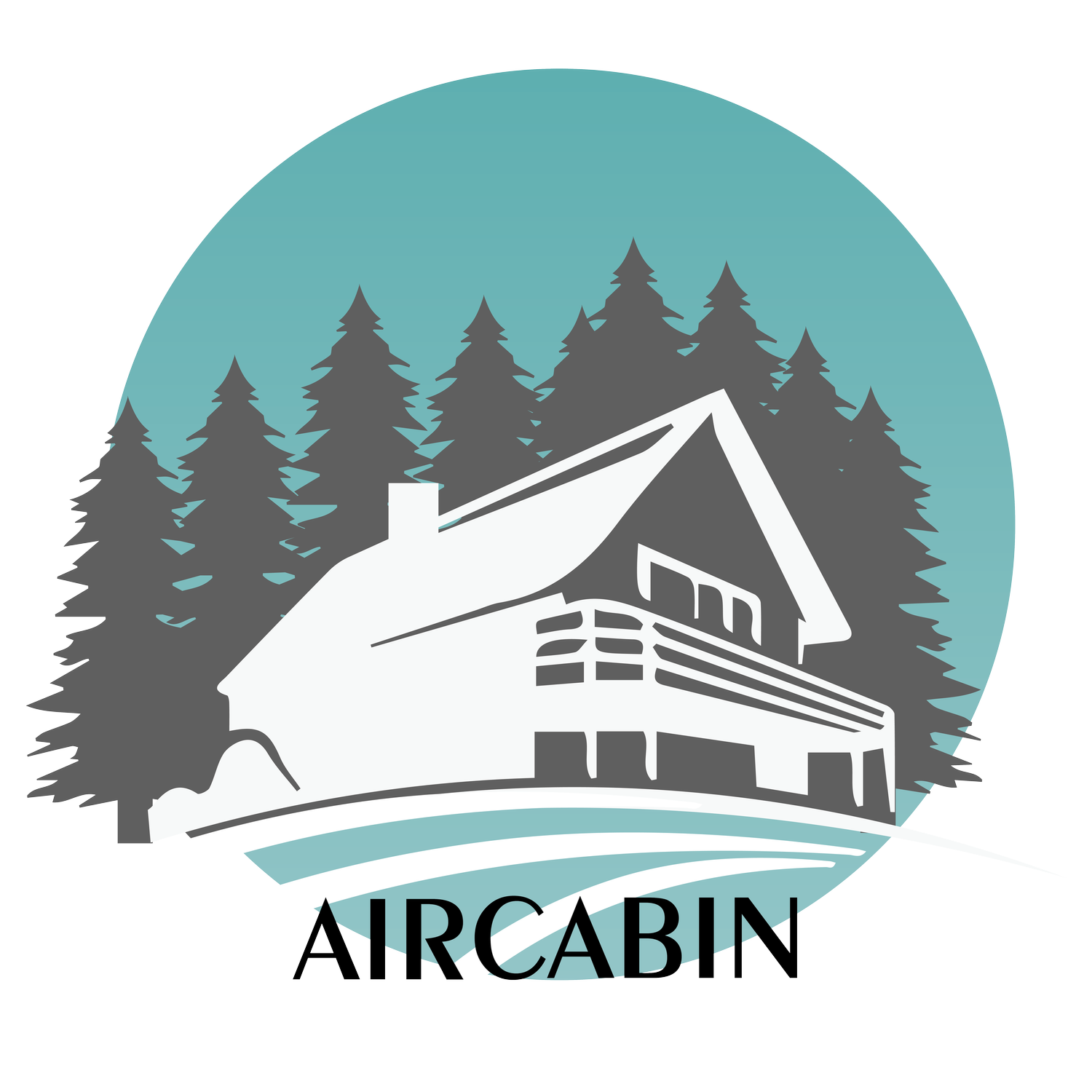How Do I Know If My Property is Suitable for Airbnb
Determining whether your property is suitable for Airbnb or any other short-term rental platform involves a combination of factors related to location, property type, and your own goals as a host. Here are some steps to help you assess if your property is suitable for Airbnb:
1. Research Local Regulations: Check local regulations and zoning laws in your area to ensure that short-term rentals are allowed. Some cities and neighborhoods have restrictions or require permits for Airbnb hosting.
2. Property Type: Assess the type of property you have. Airbnb listings can include houses, apartments, condos, cottages, cabins, and even unique accommodations like treehouses and yurts. The property type will influence your potential audience.
3. Location: Consider the location of your property. Is it in a desirable area? Is it near tourist attractions, public transportation, or amenities like restaurants and shops? Properties in popular or convenient locations often perform better on Airbnb.
4. Market Demand: Research the demand for short-term rentals in your area. Look at Airbnb listings in your neighborhood or city to see how many properties are available, their occupancy rates, and their nightly rates. This can give you an idea of the competition and potential earnings.
5. Property Condition: Ensure that your property is in good condition and meets basic safety and cleanliness standards. Invest in any necessary repairs or improvements to make it more appealing to guests.
6. Amenities and Features: Consider what amenities and features your property offers. Does it have a pool, hot tub, fully equipped kitchen, or other attractive features that can set it apart from other listings?
7. Target Audience: Identify your target audience. Are you catering to tourists, business travelers, families, or a specific niche? Tailor your property and marketing accordingly.
8. Pricing Strategy: Develop a pricing strategy. Research comparable listings in your area to set competitive rates. Be flexible with pricing to attract guests during peak seasons or events.
9. Time Commitment: Assess your availability and willingness to manage an Airbnb property. Hosting guests can require time for check-ins, cleaning, maintenance, and communication.
10. Legal and Financial Considerations: Understand the legal and tax implications of hosting on Airbnb. You may need to report rental income and pay taxes on it. Consult with a tax professional for guidance.
11. Hospitality Skills: Hosting on Airbnb involves interacting with guests, handling inquiries, and addressing issues. Ensure you have good communication and customer service skills.
12. Safety and Security: Take steps to ensure the safety and security of your guests. This includes installing smoke detectors, providing emergency information, and having a secure key exchange system.
13. Insurance: Consider getting appropriate insurance coverage for short-term rentals. Standard homeowners' insurance may not cover Airbnb hosting.
14. Reviews and Feedback: Keep an eye on guest reviews and feedback to continuously improve your property and hosting skills.
Ultimately, the suitability of your property for Airbnb depends on various factors, including location, property type, market conditions, and your own capabilities and willingness to be a host. Conduct thorough research and weigh these factors carefully before deciding to list your property on Airbnb or any other short-term rental platform.














